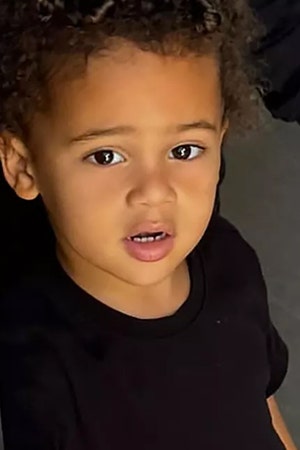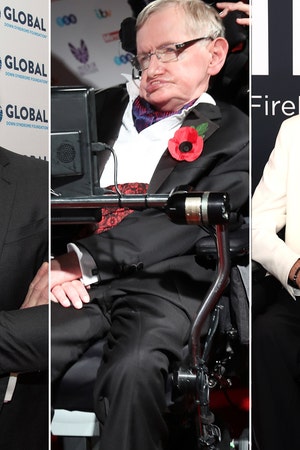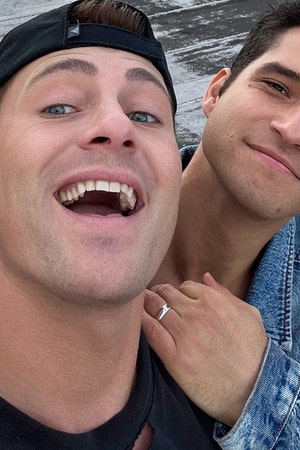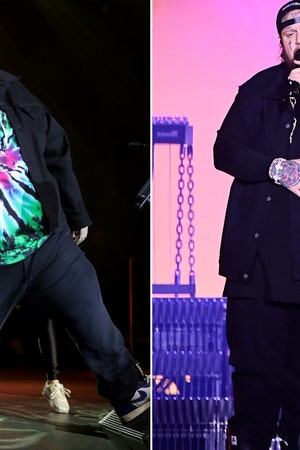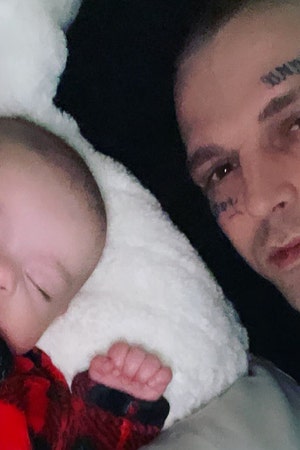Not many Americans understand what it's like to be thrown into a detention camp as a kid, but one Hollywood star is trying to paint a picture as the nation debates border patrol separating immigrant children from their families in detention centers.
George Takei, a veteran actor who famously played Sulu in the original "Star Trek" TV series and several movies (and has hundreds of other credits), wrote an essay comparing his experience in America's Japanese internment camps during World War II to what families are facing along the southern border of the United States. His conclusion? These families have it worse.
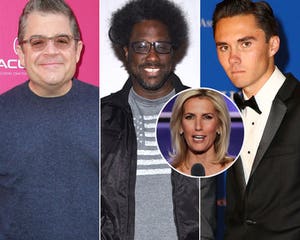 Getty
Getty
Laura Ingraham SLAMMED by Hollywood and Beyond for Calling Detention Centers 'Summer Camp' for Immigrant Children
View Story"And yet, in one core, horrifying way this is worse. At least during the internment of Japanese-Americans, I and other children were not stripped from our parents," Takei wrote for Foreign Policy. We were not pulled screaming from our mothers' arms. We were not left to change the diapers of younger children by ourselves.
Takei, a Japanese-American born in Los Angeles, was five years old when his family was yanked out of their community and forced to live in converted horse stables of Santa Anita Park after the attack on Pearl Harbor in 1941. His family ended up staying at three different internment camps throughout the duration of the war, before returning to LA after the allied victory. His piece stressed a number of ways simply having his parents by his side in that situation made it more manageable.
 ABC
ABC
'The View' Blasts Ivanka Trump, Laura Ingraham and DHS Sec. Kirstjen Nielsen Over 'Zero-Tolerance' Immigration Policy
View Story"At least during the internment, my parents were able to place themselves between the horror of what we were facing and my own childish understanding of our circumstances," he wrote. "They told us we were 'going on a vacation to live with the horsies.' And when we got to Rohwer camp, they again put themselves between us and the horror, so that we would never fully appreciate the grim reality of the mosquito-infested swamp into which we had been thrown. At least during the internment, we remained a family, and I credit that alone for keeping the scars of our unjust imprisonment from deepening on my soul."
"I cannot for a moment imagine what my childhood would have been like had I been thrown into a camp without my parents," he added. "That this is happening today fills me with both rage and grief: rage toward a failed political leadership who appear to have lost even their most basic humanity, and a profound grief for the families affected."
 NBC/CBS
NBC/CBS
Late-Night Hosts Blast Donald Trump for Tearing Families Apart and Creating 'Child Prisons'
View StoryAccording to CNN, at least 2,000 children have been separated from their parents at the U.S.-Mexico border as a result of the administration's "zero-tolerance" immigration policy.
Melania Trump's own immigration lawyer, Michael Wildes, said Tuesday that the internment camps along the border are "reminiscent of detention centers of Nazi Germany, of the slave trade." Attorney General Jeff Sessions argued, however, that comparison is "a real exaggeration."
"In Nazi Germany, they were keeping the Jews from leaving the country," Sessions told Fox News' Laura Ingraham Monday night. Ingraham then faced backlash for describing the detention centers as "essentially summer camps."





